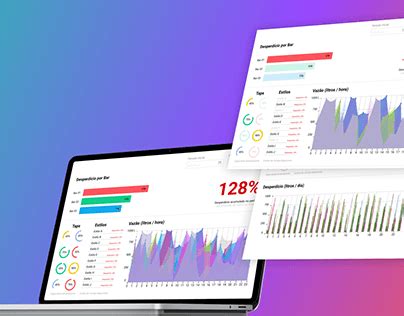In today’s fast-paced digital landscape, the ‘Locate My Phone’ technology has emerged as a powerful tool for mobile marketing and customer engagement. This article delves into the key trends and strategies for leveraging phone location services to reach your audience more effectively. By integrating real-time location data into personalized marketing campaigns, businesses can enhance customer interactions and drive significant growth. We will explore the benefits of these services, their role in mobile marketing, and address critical privacy and security considerations. Additionally, we’ll highlight successful case studies and future trends that promise to revolutionize phone location technology in the coming years.
Embark on a detailed exploration of this topic with sizecredit.com
1. Overview of ‘Locate My Phone’ Technology
‘Locate My Phone’ technology utilizes GPS, Wi-Fi, and cellular data to pinpoint the exact location of a mobile device. This advanced technology, initially designed for personal safety and device recovery, has evolved into a crucial component of mobile marketing strategies. By tapping into the precise location data of users, businesses can deliver highly targeted and relevant marketing messages.
The technology works by continuously tracking the device’s location, updating it in real-time, and transmitting this data to marketers. This allows for the creation of location-based services and campaigns that can engage customers at the right place and time. Whether it’s sending a promotional offer when a potential customer is near a store or providing location-specific information, ‘Locate My Phone’ opens new avenues for personalized marketing.
The integration of this technology in mobile marketing not only enhances customer engagement but also provides valuable insights into consumer behavior and preferences, enabling marketers to optimize their strategies for maximum impact and efficiency.
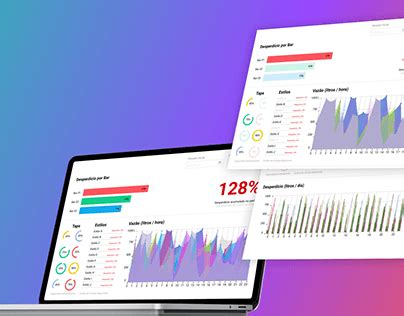
2. Benefits of Phone Location Services in Mobile Marketing
Phone location services offer numerous benefits in mobile marketing, transforming how businesses engage with their customers. One of the primary advantages is the ability to deliver highly targeted and relevant marketing messages. By knowing a customer’s exact location, marketers can send promotions, offers, and notifications that are contextually relevant, significantly increasing the chances of conversion.
Another key benefit is enhanced customer engagement. Location-based services enable businesses to interact with customers in real-time, providing them with immediate value. For instance, a retail store can send a discount coupon to a customer who is nearby, encouraging them to visit the store and make a purchase. This level of personalization fosters a deeper connection between the brand and the customer.
Moreover, phone location services provide valuable insights into consumer behavior and preferences. Marketers can analyze location data to understand where their customers are spending their time, which can inform decisions about store placements, event locations, and targeted advertising efforts. This data-driven approach leads to more effective marketing strategies and better allocation of resources.
Additionally, integrating location data into marketing campaigns enhances the overall customer experience. By providing timely and relevant information based on their current location, businesses can meet customer needs more effectively, increasing satisfaction and loyalty. In a competitive market, these advantages can prov
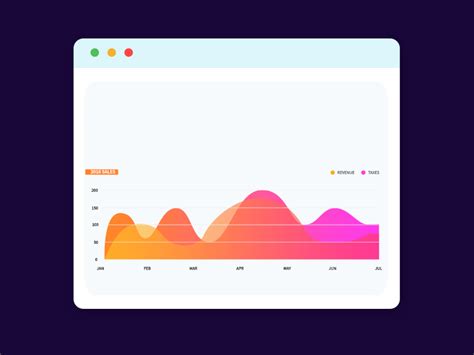
3. Integrating Location Data into Personalized Marketing Campaigns
Integrating location data into personalized marketing campaigns allows businesses to create highly customized and effective marketing strategies. By leveraging real-time location information, marketers can tailor their messages to fit the specific needs and behaviors of their audience, enhancing the relevance and impact of their campaigns.
One approach is to use geofencing, where virtual boundaries are set around specific locations. When a customer enters or exits these boundaries, they receive targeted notifications or offers. This technique can drive foot traffic to physical stores, promote events, or highlight location-specific deals.
Another method involves analyzing historical location data to identify patterns and preferences. By understanding where customers frequently visit, businesses can segment their audience more accurately and develop personalized marketing messages that resonate with each group.
Additionally, combining location data with other customer information, such as purchase history and demographic details, allows for even deeper personalization. For example, a restaurant can send a special offer to frequent visitors who are nearby during lunch hours, increasing the likelihood of a visit.
Ultimately, integrating location data into marketing campaigns not only boosts engagement but also helps build stronger customer relationships by providing timely, relevant, and personalized experiences.
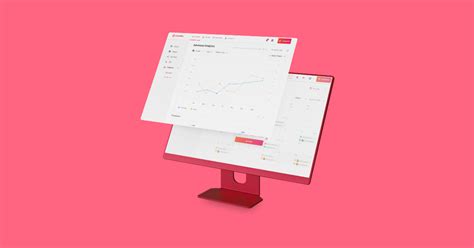
4. Enhancing Customer Engagement with Real-Time Location Features
Enhancing customer engagement with real-time location features is a game-changer for mobile marketing. These features allow businesses to interact with customers precisely when and where it matters most, providing a personalized experience that drives engagement and loyalty.
Real-time location features enable marketers to send timely notifications and offers based on a customer’s immediate location. For example, a coffee shop can send a discount coupon to a customer walking by, enticing them to step in for a quick refreshment. This immediacy not only captures the customer’s attention but also encourages spontaneous purchases.
Additionally, location-based push notifications can inform customers about nearby events, sales, or new product arrivals. This proactive approach keeps customers informed and engaged, increasing their likelihood of visiting the store or participating in the event.
Furthermore, real-time location data can enhance customer service. For instance, a ride-sharing app can provide accurate updates on the driver’s location, improving the user experience by reducing wait times and uncertainty. Similarly, a delivery service can offer real-time tracking, allowing customers to monitor their package’s journey and plan accordingly.
By integrating real-time location features into mobile marketing strategies, businesses can create more relevant and engaging customer interactions. This not only boosts customer satisfaction but also fosters a deeper connection between the brand and its audience, ultimately driving growth and success.
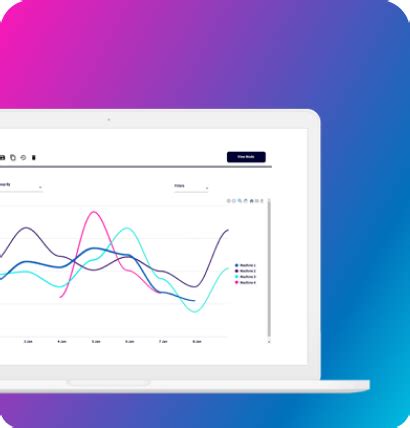
5. Privacy and Security Considerations for Location-Based Marketing
Privacy and security considerations are paramount when implementing location-based marketing strategies. The collection and use of real-time location data can raise significant privacy concerns among customers, necessitating a careful and transparent approach.
Firstly, businesses must obtain explicit consent from users before collecting and utilizing their location data. Clear communication about how the data will be used, stored, and protected is essential. Providing users with the option to opt in or out of location services helps build trust and ensures compliance with privacy regulations such as GDPR and CCPA.
Secondly, data security is crucial. Companies must implement robust security measures to protect location data from unauthorized access, breaches, and misuse. Encryption, secure storage solutions, and regular security audits are vital practices to safeguard sensitive information.
Additionally, businesses should anonymize location data whenever possible to prevent the identification of individual users. Aggregated data can still provide valuable insights for marketing purposes without compromising personal privacy.
Transparency is key in maintaining customer trust. Regularly updating users about any changes in data collection practices and providing easy access to privacy settings can reinforce a company’s commitment to protecting user data.
By prioritizing privacy and security, businesses can leverage the benefits of location-based marketing while respecting customer rights and fostering long-
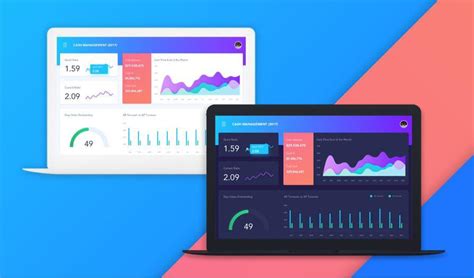
6. Case Studies: Successful Implementation of ‘Locate My Phone’ Strategies
Several businesses have successfully implemented ‘Locate My Phone’ strategies to enhance their marketing efforts and boost customer engagement. One notable example is a national retail chain that used geofencing technology to increase foot traffic to its stores. By setting up virtual boundaries around its locations, the retailer sent targeted promotions to customers who entered these areas. This approach resulted in a significant increase in store visits and sales, demonstrating the power of location-based marketing.
Another success story involves a popular restaurant chain that integrated real-time location data with its loyalty program. Customers who frequently visited the restaurant received personalized offers and rewards based on their location and purchase history. This strategy not only increased customer retention but also encouraged repeat visits, driving up overall revenue.
A ride-sharing company also leveraged location data to enhance its customer experience. By providing real-time updates on driver locations and estimated arrival times, the company improved user satisfaction and reduced wait times. This transparency and reliability fostered trust and loyalty among its users.
These case studies highlight the effectiveness of ‘Locate My Phone’ strategies in various industries. By harnessing the power of real-time location data, businesses can create personalized, engaging, and successful marketing campaigns that drive gro
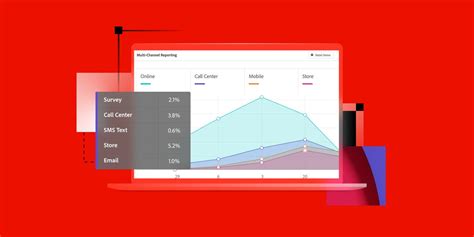
7. Future Trends and Innovations in Phone Location Technology
The future of phone location technology is poised for significant advancements that will further revolutionize mobile marketing and customer engagement. Emerging trends include the integration of advanced AI and machine learning algorithms to enhance the accuracy and predictive capabilities of location data. These technologies will enable more precise targeting and personalized marketing, predicting customer behavior and preferences with greater accuracy.
Additionally, the expansion of 5G networks will enhance real-time location tracking, providing faster and more reliable data. This increased connectivity will support more sophisticated applications of location-based services, such as augmented reality experiences and seamless location-based interactions.
The development of location-based beacons is another exciting trend. These small, Bluetooth-enabled devices can trigger personalized messages or offers when customers are in proximity, creating more dynamic and interactive marketing opportunities.
Furthermore, increased emphasis on data privacy and security will drive innovations in how location data is managed and protected. Businesses will adopt advanced encryption techniques and privacy-preserving technologies to ensure customer trust and compliance with regulations.
Overall, these innovations promise to make location-based marketing more effective, personalized, and secure, openi
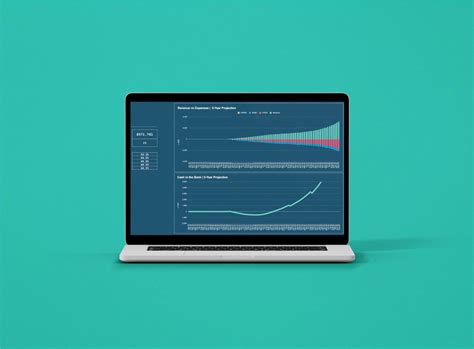
Incorporating ‘Locate My Phone’ technology into mobile marketing strategies offers remarkable opportunities for enhancing customer engagement and driving growth. By leveraging real-time location data, businesses can deliver personalized, timely, and relevant experiences that resonate with their audience. As technology evolves, staying ahead of trends and prioritizing privacy will be crucial for maximizing the benefits of location-based marketing. Embracing these advancements will enable companies to build stronger connections with their customers and achieve greater marketing success.
sizecredit.com
